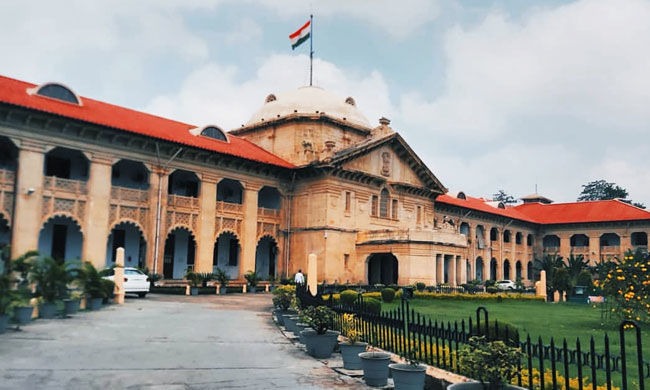
Prayagraj, 22 May (HIST). The Allahabad High Court said in one of its orders that a person's right to live his life independently also includes choosing his partner. The High Court recently ordered police protection to a man who is in a live-in relationship with a trans woman.
This order was passed by a division bench of Justice Saumitra Dayal Singh and Justice Donadi Ramesh. The court made this remark while disposing of the protection petition filed by the petitioners, a trans woman and a man who are currently living in a live-in relationship. The court said, “The diversity of perception and personality arising from the basic structure of human beings leads different human beings to make different choices. Even if they are in the same circumstances. Therefore, the right to free choice is the soul of freedom and the most beloved and prominent feature of any free society.”
The petitioners filed a petition in the court saying that their life, liberty, dignity and security are in danger due to their transgender identity. In their plea, the petitioners specifically accused the man's father of committing verbal and physical assault against the transgender.
In view of this, police protection was demanded from the court in the petition. Initially the Court said that our Constitution attempts to preserve that freedom. The Court also held that being a human being inherently involves and fosters individuality, whether physical, psychological, emotional or otherwise and that constitutional democracy seeks to preserve and protect the diverse individuality that arises in any human society. Promises to actively promote.
The Court also emphasized that when a society prevents its members from asserting their individuality within the boundaries of existing laws, it hinders the process of its own development.
The court issued a protective mandamus and said that no one can cause harm, physical or otherwise, to the petitioners or their properties, since the petitioners have decided to live together. The court did not mention anyone's name in the order.
 look news india
look news india